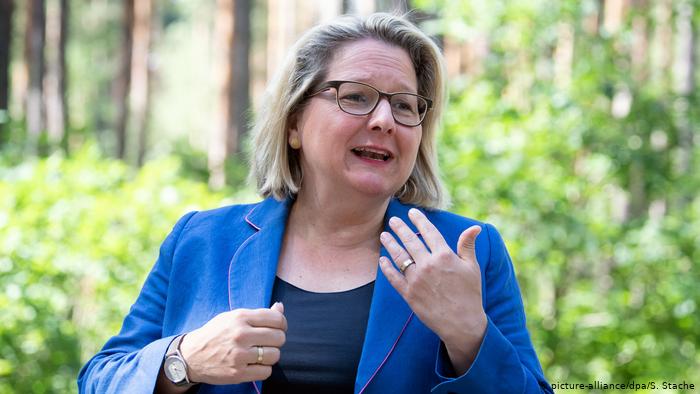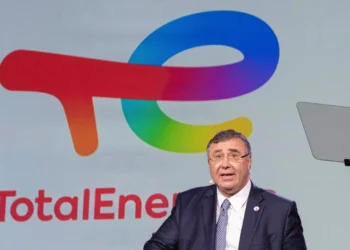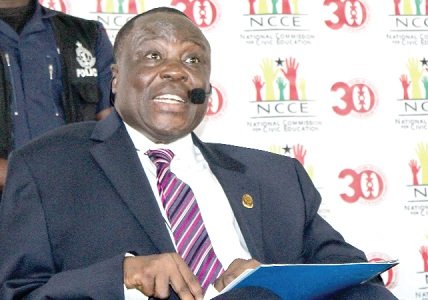The government of Germany has disclosed that, 65% of its total electricity demand will be met by renewable power within the next decade in accordance to a revision to the country’s renewable energy law passed by the country’s parliament.
According to Germany, an agreement within its governing coalition was reached at the last possible moment, after months of fighting over how high the target should be and how it should be designed.
Environment Minister Svenja Schulze said at a press conference that, a compromise was only found after all 27 EU governments agreed to a new more ambitious emissions reduction target of 55% by 2030 earlier in December
She further intimated that, the amended law can now take effect as planned this January.
“That start date was important because 20-year feed-in tariffs to many renewable plants are scheduled to end next month[January]. The new renewable energy law will replace those feed-in tariffs with auctions for renewed support as of 2022.”

She also indicated that, the German government has left many decisions for this year, for instance new targets for renewables’ contribution to power consumption. She added that, these decisions should be taken this month and be hastened.
“It would be wise, it would be consistent, if the new EU climate target were to be incorporated into the renewables law very quickly, and the planned expansion rates for wind and solar plants were to be adjusted upwards.”
However, renewable energy companies have been left unimpressed by the compromise. Solar power industry association BSW called it “completely inadequate and half-baked”, and said that it actually creates new market barriers that will result in market decline in large commercial PV systems in the coming years.
The Minster revealed that, one hard-fought compromise was agreeing how much citizens who live near wind turbines should be compensated. Under the revision, municipalities with a wind installation, and the citizens who live there, will receive the tax money paid by the operators.
She posited that, another change is that power plant operators will no longer receive any remuneration if prices on the electricity exchange are negative for at least four hours. This change is designed to strengthen the market integration of renewables by forcing plant operators to find ways to hedge against negative price phases.
She further noted that, a decision on whether there should be mandatory installation of smart meters for small renewable facilities will be deliberated this year.
Just last week also, Japan unveiled its plan to achieve its goal of net-zero greenhouse gas emissions by 2050, which they say calls for tripling renewables’ share of power generation to at least 50%.
According to the Japanese government, it is estimating that, its green growth strategy will generate 190 trillion yen ($1.83 trillion) in economic effects that year.
The anticipated shift from fossil fuels to electricity across the Japanese economy is expected to increase electricity demand by between 30% and 50%. This makes ending power companies’ reliance on coal-fired power plants and sharply increasing adoption of renewables a crucial step of the plan.
Read Also: Japan Targets 50% Renewable Energy By 2050






















